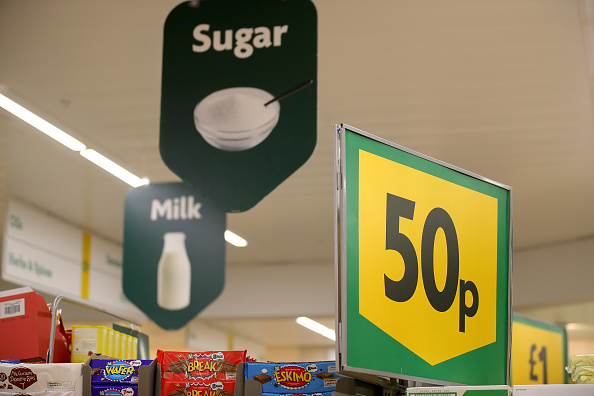Households face extra £271 on annual food bill as grocery inflation highest since 2011

Households are facing an additional £271 to their grocery bill, with price inflation now standing at the highest level in over a decade.
According to fresh data from Kantar, grocery price inflation has reached 5.9 per cent, the highest level since December 2011.
Brits are facing a slew of price increases this spring, as businesses hike prices to offset rising commodity and labour costs.
Shoppers have continued to turn to budget retailers in a bid to look for a cheaper weekly shop, with Aldi the fastest growing retailer in the 12 weeks to 17 April. The discount grocer saw sales up 4.2 per cent in the period while rival Lidl also marked a four per cent boost.
The two retailers now account for 15.4 per cent of the market, a staggering rise from just 5.5 per cent a decade ago.
Fraser McKevitt, head of retail and consumer insight at Kantar, said: “The average household will now be exposed to a potential extra £271 per year. A lot of this is going on non-discretionary, everyday essentials which will prove difficult to cut back on as budgets are squeezed.”
“We’re seeing a clear flight to value as shoppers watch their pennies,” McKevitt added.
The level of products bought on promotion, currently at 27.3 per cent, has dropped 2.7 percentage points as “everyday low price strategies come to the fore”, he explained.
McKevitt said: “The major retailers are listening to shoppers’ concerns, with Asda launching its Just Essentials line, Morrisons announcing that it is cutting the price of many everyday goods, and Tesco locking in savings through its Clubcard strategy.”
On Monday, it was revealed that prices on certain items at Asda will see an average drop of 12 per cent and at Morrisons price cuts will average 13 per cent.